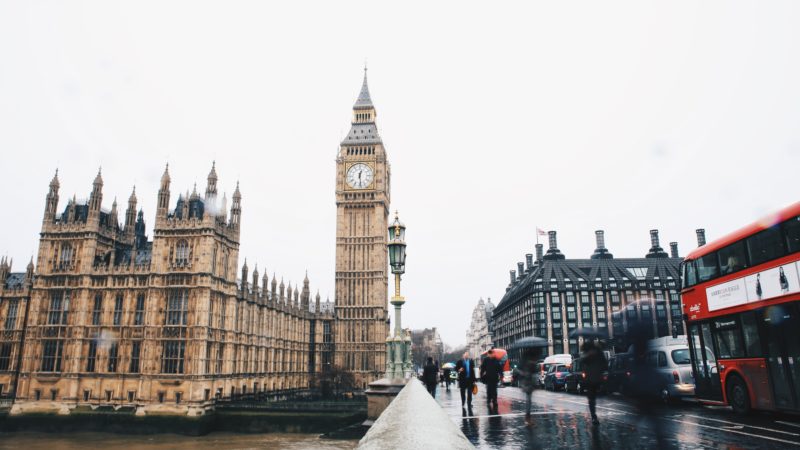
Cast your mind back to January 2020. Jeremy Corbyn is Labour leader, corona is a beer you put fruit in, bubbles belong in the bath – and Keir Starmer has just told Labour members that, if elected leader, he will deliver a “radical devolution of power”. Since then, the health crisis has laid bare the tensions between Westminster, the devolved nations and regional and local authorities. From councils setting up their own contact tracing systems to Wales implementing a travel ban, the pandemic has been an interesting study of how different levels of government can act. Almost one year later, the Labour leader announced the launch of a UK-wide constitutional convention. He believes the status quo is “broken”, and is not alone in holding that view.
Calls for a shake-up have been heard across the labour movement. “What we need is more devolution,” Andy Burnham said in November, “so that more places like Greater Manchester can be masters of their own destiny”. Shortly afterward, the mayor outlined in an exclusive LabourList interview how the party needs to become “more enthusiastic” about devolution. Gordon Brown started the year making the case for a “radical alternative to nationalism” in the form of a “constitutional revolution” and warned recently that it would “soon be impossible to hold together our multinational UK of distinctive nations and regions within the straitjacket of a centralised state”. He brought together Welsh and Scottish Labour leaders and English mayors from across the country to demand a “new constitutional offer” and a “new deal for a better Britain”. The group included Welsh First Minister Mark Drakeford, Scottish Labour leader Richard Leonard, London mayor Sadiq Khan and Burnham.
Adding their voices to the calls for a transformation of the constitutional status quo today is the group Radical Federalism. Mick Antoniw sets out for LabourList here the details of their report, introduced by Welsh First Minister Mark Drakeford, which calls for the transfer of power away from Westminster “through the Welsh Senedd and the Scottish Parliament, to the cities and their regions, closer to people and their communities”. The document proposes a UK government that performs only those task that cannot be performed locally; the replacement of the Lords with a “modern, effective and accountable” second chamber of the nations and regions; and a new constitutional settlement for local government, giving it “parity of esteem and partnership with central and devolved legislatures”.
This represents a rare moment of unity across the labour movement, with consensus on the need for the union’s current structure and mechanisms to change. But the challenge in the near future – as radical devolution offers develop – will be around the specifics. The recommendations in Radical Federalism’s report offers some direction, but understandably leave a lot to be filled in. Starmer’s own contributions on devolution have so far been, for the most part, quite vague. As the UK-wide constitutional commission starts its work, and as the Labour leader gets closer to outlining exactly what he meant by “radical devolution”, points of contention will no doubt start to appear. The broadly-held view that power should be brought closer to people is not controversial, but the specifics may well be.




More from LabourList
‘It’s one year since I became Britain’s youngest MP. Here’s what I’ve achieved so far’
Tribute: ‘David Lipsey’s joie de vivre is missing in Labour politics today’
Ellie Reeves: ‘One year in, the next phase begins – focused on living standards’